In our interconnected world, where digital privacy is becoming more of a luxury than a given, proxy servers have emerged as essential tools for many internet users. They offer a way to surf the web with increased anonymity, bypass regional restrictions, and even enhance security. But as with any tool, the question of legality looms large. Is using a proxy server legal? Let’s delve into the intricacies of proxy server legality, explore real-world examples, and see how Proxy 302 can be your ally in navigating this digital landscape.
Understanding Proxy Servers
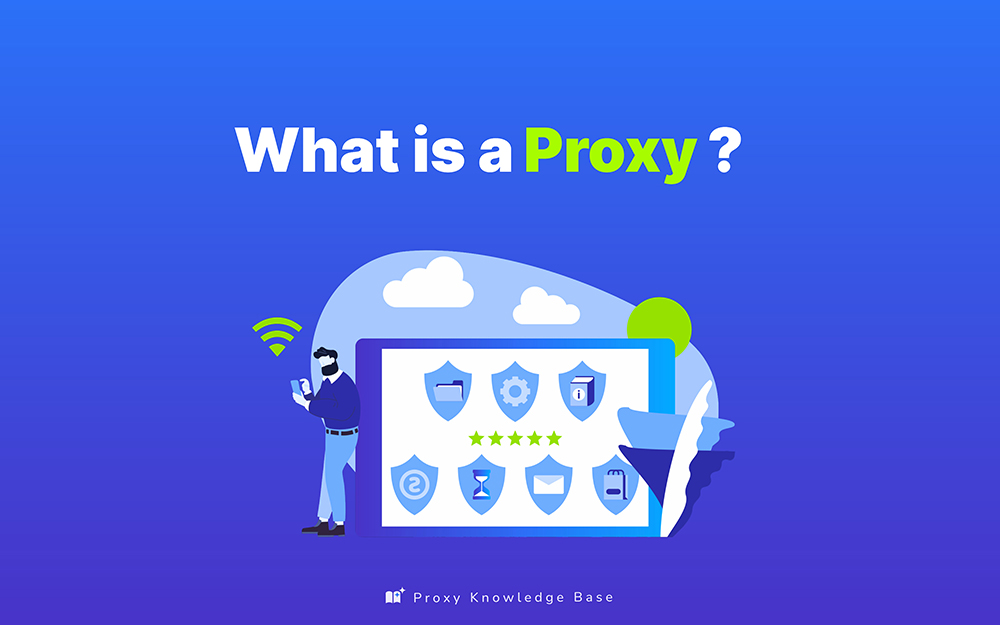
Before we dive into the legalities, it’s crucial to understand what a proxy server is. Think of a proxy server as a middleman between you and the internet. When you make a request to access a website, the request goes through the proxy server, which then forwards it to the destination site. The response from the site is sent back to the proxy server and then relayed to you. This process masks your IP address, making your internet activity more private.
Why Use a Proxy Server?
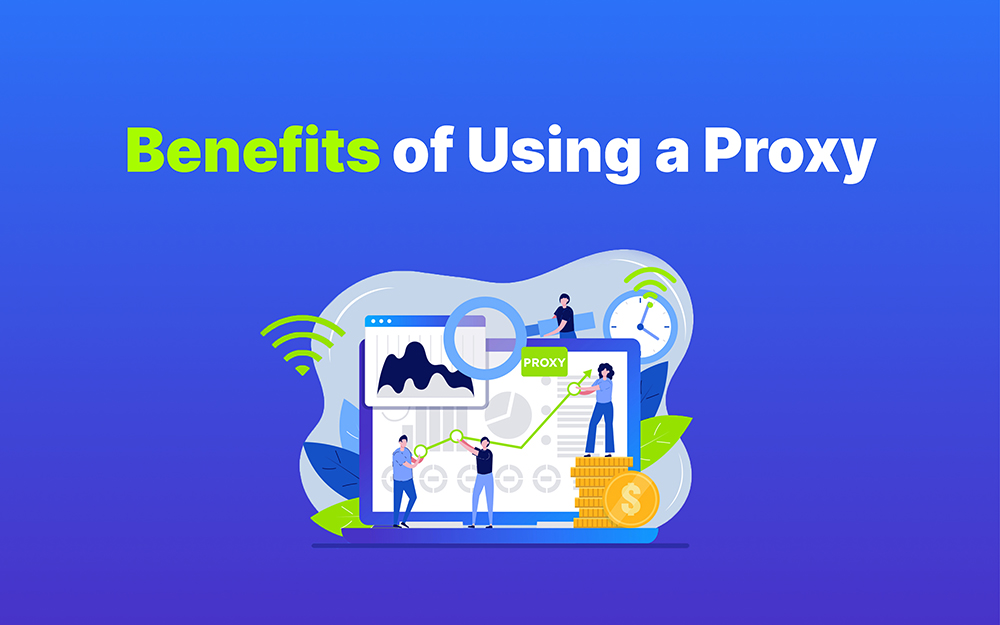
Traffic Management: Businesses often use proxies to manage and optimize internet traffic, ensuring efficient bandwidth use.
Privacy and Anonymity: By hiding your IP address, proxy servers help maintain your privacy online, shielding your identity from prying eyes.
Access Control: They allow you to bypass geo-restrictions, providing access to content that might be unavailable in your region.
Security: Proxies can add an extra layer of security, especially in corporate environments, by filtering out malicious sites and content.
The Legal Landscape of Proxy Servers
General Legality
In most jurisdictions, using a proxy server is perfectly legal. They are legitimate tools used by businesses and individuals alike for various purposes, from enhancing privacy to managing internet traffic. However, legality can vary based on how you use them.
Terms of Service Violations
While proxies themselves are not illegal, using them to violate the terms of service of certain websites can lead to issues. For example, streaming services like Netflix or Hulu often restrict content based on geographic location. Using a proxy to bypass these restrictions can breach their terms, potentially resulting in account suspension or termination.
Illegal Activities
Using a proxy to engage in illegal activities remains illegal. Whether it’s hacking, distributing illegal content, or conducting fraudulent activities, a proxy server does not provide immunity from legal repercussions. It’s akin to using a car for a getaway in a bank heist—the car itself isn’t illegal, but the action is.
Corporate and Educational Policies
Organizations often have specific policies regarding the use of proxies. In educational settings, proxies might be restricted to ensure students don’t bypass content filters. In corporate environments, proxies are used to monitor and secure internet usage, and unauthorized use might lead to disciplinary action.
Country-Specific Regulations
The legality of proxy servers can vary significantly by country. In nations with strict internet censorship laws, such as China or Iran, using proxies or similar tools like VPNs can be heavily regulated or outright banned. It’s essential to be aware of local laws regarding internet privacy tools.
Proxy Servers vs. VPNs
While both proxies and VPNs can enhance privacy and access, they operate differently. VPNs encrypt your entire internet connection, providing a higher level of security compared to proxies, which typically only reroute specific types of traffic. The legal considerations are similar, but VPNs often face stricter scrutiny in certain regions.
Real-World Examples and Case Studies
Case Study: Corporate Use of Proxies
A multinational corporation uses proxies to manage internet traffic across its global offices. By routing traffic through regional proxies, the company can ensure that employees have fast, secure access to necessary resources while maintaining compliance with regional data protection laws.
Case Study: Educational Institutions
A university implements proxy servers to filter internet access on campus. This allows the institution to block access to malicious sites and ensure that students are using the internet for educational purposes, in compliance with institutional policies.
The Role of Proxy 302
Proxy 302 stands out as a versatile and user-friendly proxy solution. With its pay-as-you-go model, users can enjoy premium proxy services without the hassle of tiered pricing. Whether you’re an individual looking to enhance your online privacy or a business aiming to optimize your internet traffic, Proxy 302 offers a flexible solution.
Features of Proxy 302
- Global Coverage: Access a wide range of proxy servers located across the globe, ensuring you can bypass regional restrictions effortlessly.
- No Tiered Pricing: Enjoy the freedom of pay-as-you-go pricing, allowing you to scale your proxy usage according to your needs.
- Ease of Use: With a straightforward setup process, you can start using Proxy 302 in no time, whether you sign up with an email, phone, or even Google or GitHub accounts.
Conclusion
In conclusion, while using a proxy server is generally legal, it’s essential to use them responsibly and in compliance with applicable laws and terms of service. Always ensure that your use of a proxy aligns with legal guidelines and ethical practices. If you’re unsure about the legality of using a proxy in your region, consider consulting with a legal expert or conducting further research on local regulations.
Ready to experience the benefits of a premium proxy service? 👉 Start Your Free Trial Now 👈 with our free trial and discover how easy it is to enhance your online privacy and access. Visit our website to learn more and get started!


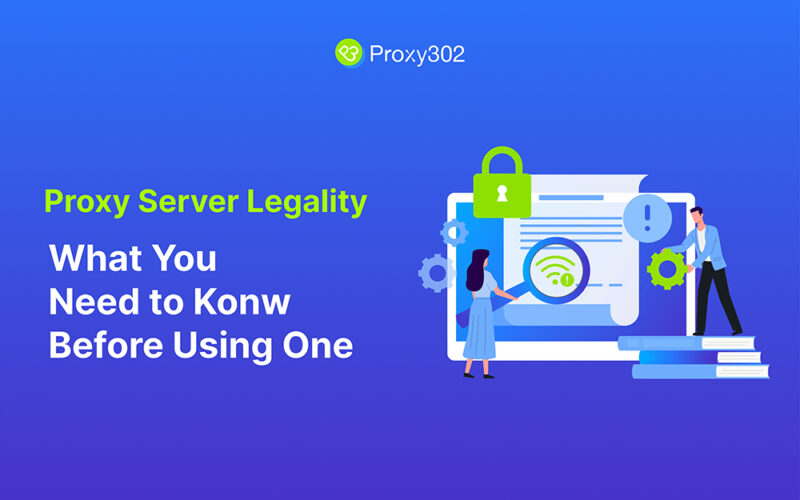
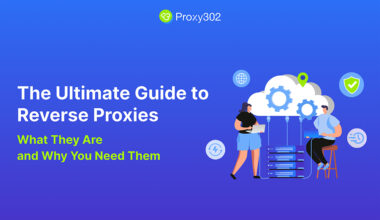
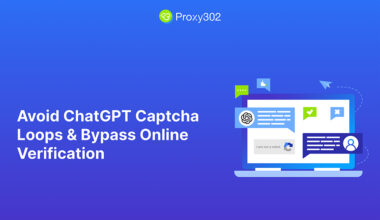
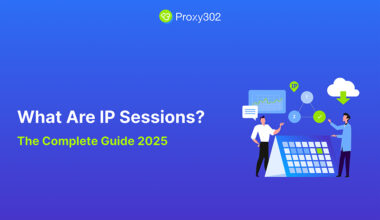
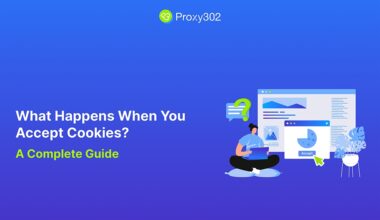
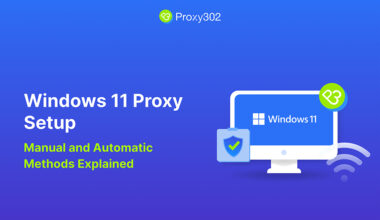
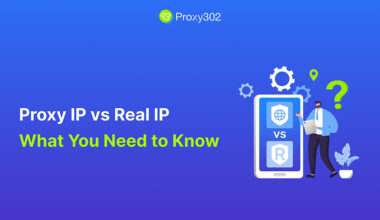
5 comments
Thanks for sharing. I read many of your blog posts, cool, your blog is very good.
Thanks for sharing. I read many of your blog posts, cool, your blog is very good.
Your point of view caught my eye and was very interesting. Thanks. I have a question for you.
Can you be more specific about the content of your article? After reading it, I still have some doubts. Hope you can help me.
Thanks for sharing. I read many of your blog posts, cool, your blog is very good.